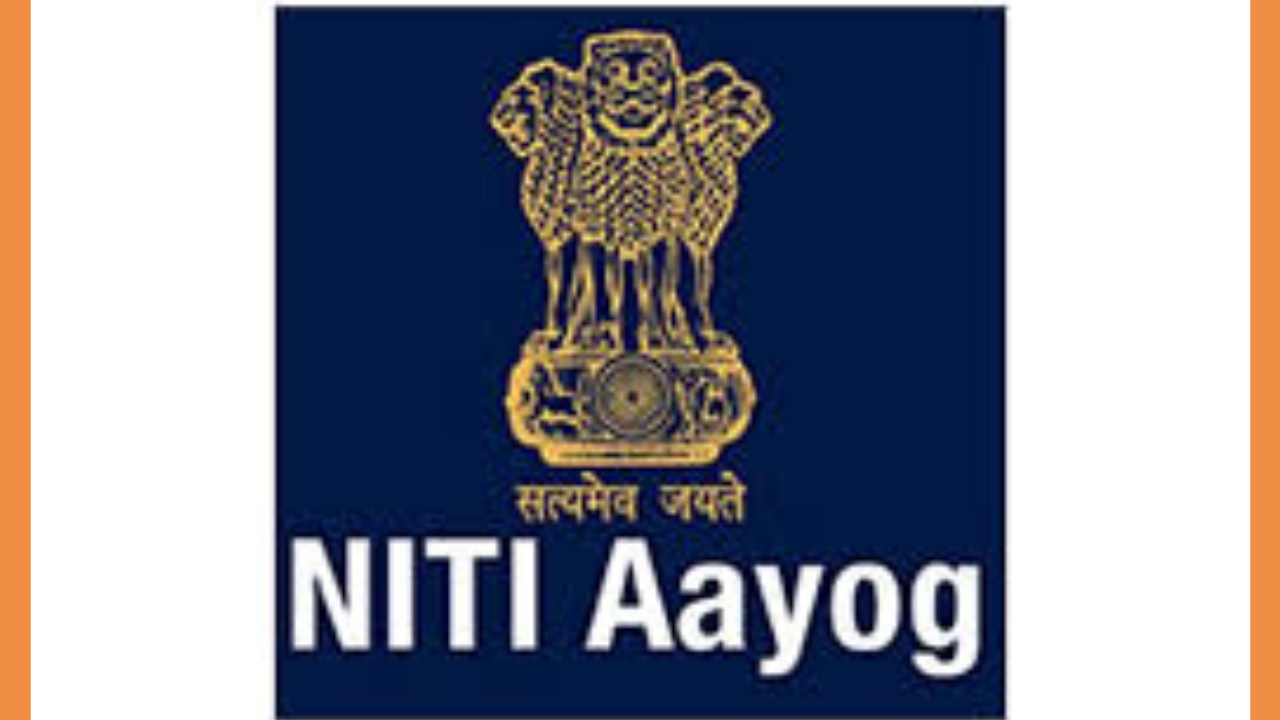In a significant move to bolster US-India agricultural trade, NITI Aayog, India’s government think tank, is pushing for a strategic shift in import policies. Their recent working paper advocates for the import of genetically modified (GM) soybeans and corn from the U.S., despite the current ban and ongoing judicial scrutiny in India.
Thank you for reading this post, don't forget to subscribe!The proposal aims to address the substantial yield gaps in India’s soybean and maize production compared to the U.S. (e.g., India’s average soybean yield is 1 tonne/hectare vs. 3.4 tonnes/hectare in the U.S.). The paper even suggests using imported GM maize for ethanol blending, with the residual being exported as animal feed.
Beyond GM crops, NITI Aayog recommends lowering tariffs on specific agricultural products that don’t directly compete with Indian domestic produce. This includes items like pistachios, almonds, and off-season apples from the U.S., which command premium prices due to their quality and availability outside the Indian harvest season. The idea is to strategically open up India’s market to maximize its own export gains in the long run.
Crucially, the paper emphasizes the need to protect sensitive sectors like dairy and poultry during bilateral trade negotiations, suggesting that concessions on other products like maize and soybeans could provide this leeway.
Ultimately, NITI Aayog believes that these changes, coupled with medium-term structural reforms in Indian agriculture (including adopting advanced technologies, improving logistics, and encouraging private sector participation), are essential to enhance the sector’s global competitiveness and strengthen the long-term trade relationship between India and the U.S.
















